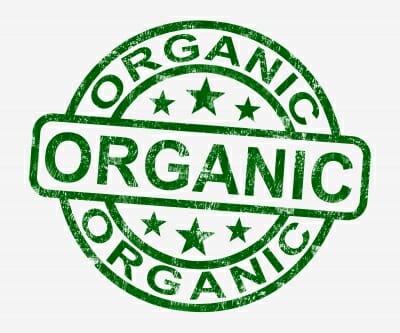Search engine optimisation is a key factor which determines how much traffic a website will get. For 
Title, Description and URL
The three areas which will predominately affect the organic CTR of your articles (apart from the content itself) are the three elements which the web user will see on search engine results: the title, description and URL.
Optimising the Title
The title is the key area of your organic search snippet which will be seen and read first. The title can be optimised with the following key tips:
- Try to add emotion – for example, you could have a title such as ‘3 Tips When Travelling Abroad’ or ‘3 Trustworthy Tips When Travelling Abroad’. By invoking some sort of personality trait within the title itself will help make the title more clickable to the web user.
- Include a number – if you have structured your article correctly for SEO, you should always be able to get the title into a format such as ‘ [number] ways to _____’ and so on. This is an extremely effective title format to use since it tells web users exactly what the content of the webpage is and prepares them for the length of it too (and how much information the article holds).
- Don’t have it too long – Google and other search engines automatically snippet the title from fully appearing. Therefore, make sure you always have a title that is not too short that it does not have enough information about the article and not too long that it gets cut on organic search results.
Optimising the Description
The description for search results should really not be self generated by search engines as it does not always produce the best SEO to rank the highest on search engine results. For this reason, always try to use a meta description with every article. In order to optimise a meta description, it should summarise the full article without repeating the title and display a little more information too to entice the web user further.
Optimising the URL
It is common for the URL, much like the description, to be self generated. However, to truly make sure the article is as well search engine optimised as possible, you can adjust the URL to be whatever you want. For good SEO, it is generally a good thing to include the title as the URL without any conjunction words to save characters or reword the title in the URL.



